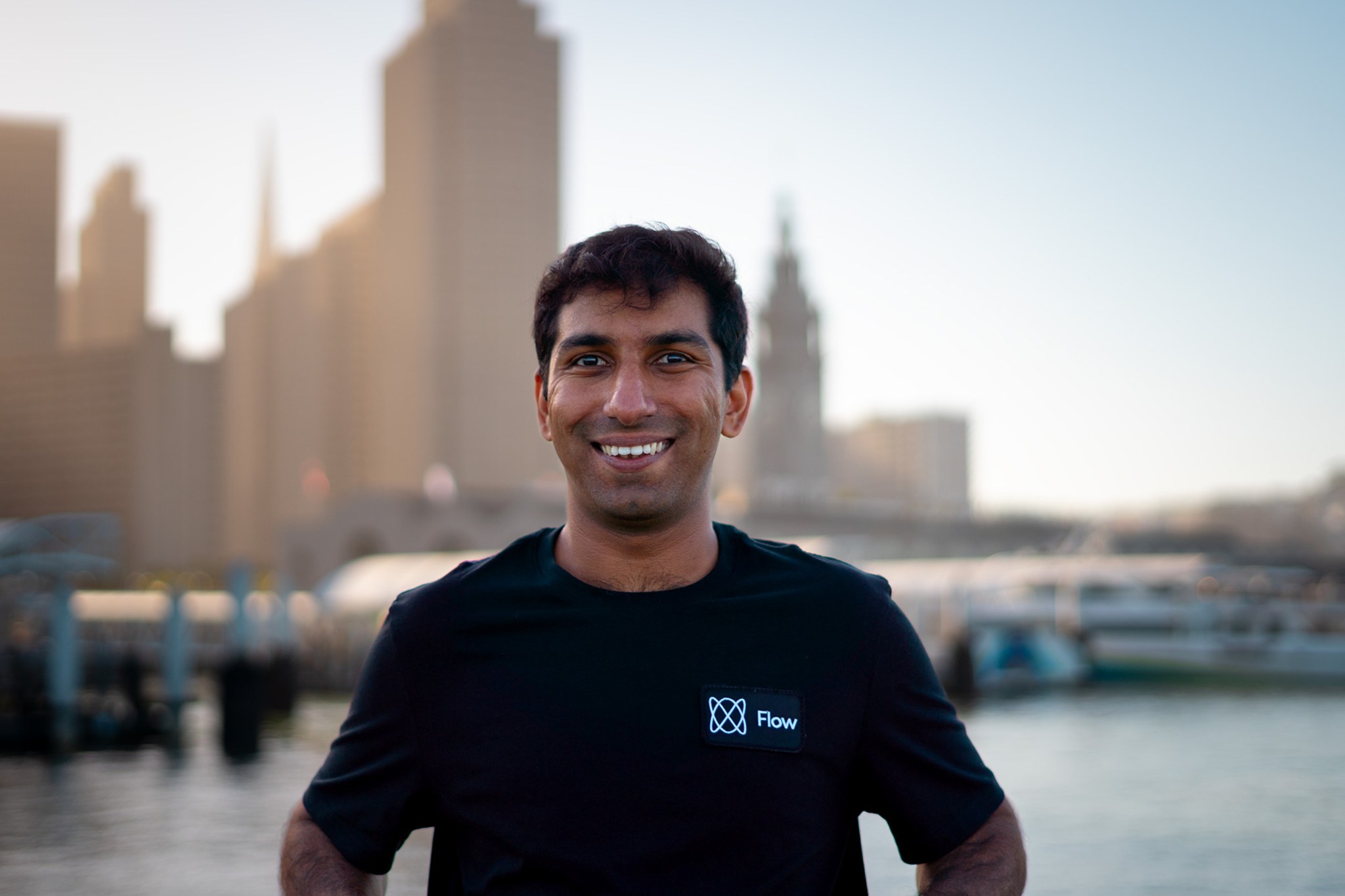
At 14, Pari Singh made just enough money to stir up an existential crisis.
17 years later, Singh still can’t talk about the details of that business (at least, not to a reporter). But the deal kicked off a seminal episode in his life.
“It wasn’t a lot of money, but enough that I thought I’d sold out,” said Singh, who grew up in London. “I was 14 and I had to work out what I wanted to do with my life. So, every day for two weeks, I thought about it really deeply. I did nothing else. And I basically came to a set of conclusions that have driven my life ever since: There are two universes, one in which you’re born, and one in which you’re not. The delta between the two, the positive difference, is how much good you’ve done as a human—and you want to maximize that.”
This perhaps conjures a vision of an exceptionally serious Englishman, so it’s worth being clear: In conversation, Singh is as effervescent and optimistic as his conclusion suggests. And though entrepreneurial triumph spurring intense reflection is a story I’ve heard before, I’ve never heard it from someone who was so young at the time. Singh ultimately went on to be a mechanical engineer, starting his career at giants like BAE Systems and BP. Pretty quickly, he had the acute sense that hardware engineering was in a moment of intense evolution, as the processes of the past bumped into a fast-encroaching future.
“I wanted to design and invent stuff, and what I saw in the industry was that the tools, processes, and workflows—the fundamental approach to how we design hardware—haven’t fundamentally changed since the space race,” Singh told Fortune. “But the products we’re building have gotten massively more complex. Software now basically drives every element of every component. And there was a disconnect between the products we were designing and the approach to design.”
Singh founded startup Flow Engineering in 2023, building on a tool he’d previously developed to help design rocket engines. Today, Flow helps companies like Rivian, Joby Aviation, Astranis, and Radiant solve complex engineering challenges and facilitate agile, iterative hardware development. At the center of Flow’s platform is the idea that requirements—the well-defined needs a physical hardware product must fulfill as it’s being built—need to be a “living, breathing nervous system” that evolves, rather than something rigid.
The startup has now raised a $23 million Series A, led by Sequoia, Fortune has exclusively learned. Odyssey Ventures, Unity’s David Helgason, and Stripe’s Patrick and John Collison also participated in the round. In a striking vote of confidence, Sequoia managing partner and steward Roelof Botha will join Flow’s board. To Botha, Flow is at the forefront of a seminal, broad shift: Hardware isn’t separate from software at this point, but rather increasingly defined by its intersection with software. Galvanized by onshoring trends, technological change, and sheer geopolitical necessity, there’s right now a growing hardware ecosystem of companies, processes, and specializations. There’s a parallel to the evolution of software, which went from vertically integrated companies to horizontal ecosystems, where developers are building their own tools to accelerate their most important projects.
“The software industry benefited, because it was software developers themselves that built their own tools,” said Botha. “Like GitHub, a great tool for software developers, built by software developers.” As hardware and software development merge, Botha said that new companies like Flow and Nominal (another Sequoia-backed hardware engineering-focused platform) are uniquely positioned as they’re emerging and gaining traction.
As we head into the final months of 2025, U.S.-China relations are tense, and there’s an overwhelming sense that, when it comes to manufacturing capabilities, China has the edge on the U.S., said Singh: “It’s effectively a new space race, and China is in pole position,” he said. “If you look at the pace of innovation and the pace of growth, they’re actually at a higher trajectory than the U.S.” (Some estimates suggest that, by 2030, China could be responsible for 45% of global manufacturing, while the U.S. falls to an 11% share.)
The question, then: Is it over? Has China simply won? “I think the ace we have up our sleeve is safety,” said Singh. “I’d get in an Archer. I would get on a Falcon 9. I would not get on China’s rocket,” he said, referring to U.S.-made electric air taxi Archer and SpaceX’s reusable rocket.
For Singh, the stakes of this business are existential and tie back to the teenage promise he made himself about how he’d spend his life.
“If we are successful, our impact to humanity is that we get to Mars faster,” said Singh. “We decarbonize the atmosphere faster. Humanity’s most important problems right now are problems of the physical world. It’s not just AI. AI needs to be in the real world to be able to have an impact—and that’s all going to be built on Flow.”
See you tomorrow,
Allie Garfinkle
X: @agarfinks
Email: alexandra.garfinkle@fortune.com
Submit a deal for the Term Sheet newsletter here.
Joey Abrams curated the deals section of today’s newsletter. Subscribe here.







